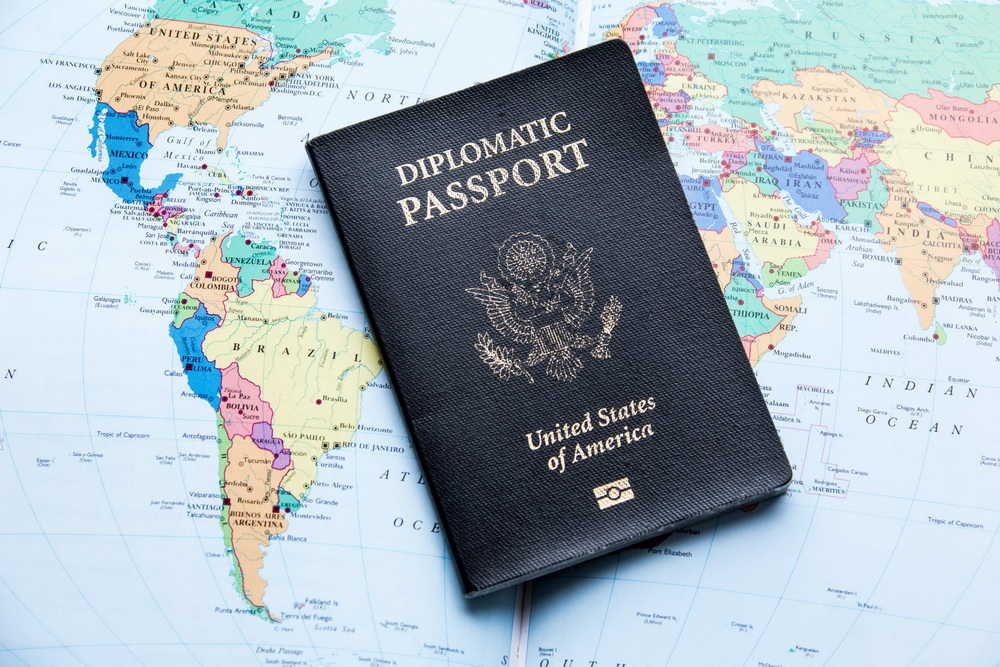
Do diplomats have personal rights to protection under the VCDR that they can enforce?

Author: Alan Franklin
The issue for discussion in this article is whether diplomats have rights to immunity in their personal capacity, or whether their rights are those of the sending state only.
The Vienna Convention on Diplomatic Relations (VCDR), being a convention between the state parties, gives rights and privileges to diplomats, who are not parties to that convention and, as people, are not subjects of international law. We see a parallel regarding international investment agreements (IIAs), which usually provide direct rights to foreign investors in the host state, despite the investors not being parties to those international agreements and not being subjects of international law.

While IIAs usually provide direct rights for investors to sue the state for breach of the agreement, through international arbitration, not via the host state courts, the VCDR provides no such rights to diplomats to sue the receiving state (RS) for breach of its obligations to diplomats. They may have a right to sue in the domestic courts of the RS, but that depends upon the domestic laws of the RS1, not international law directly. Moreover, such a right is often ‘illusory’, as the judges of the domestic court may be required by the government to rule in favour of the government, not the diplomat. This is very similar to IIAs, which allow for international arbitration, because the investor knows that the domestic courts of the host state of the investment will likely be biased in favour of the government. These agreements do not preclude the investor from suing in the host state courts, but the investor would rarely use that option.
Thus, it is the SS that has the legal right under international law (but not the obligation) to complain to the RS regarding breaches of the VCDR affecting their diplomats. This is often referred to as the SS ‘espousing a claim’ on behalf of its national who has suffered injury by the RS. If the SS takes no such action, then the diplomat is often left with a ‘right without a remedy’.
Thus, it is the sending state (SS) that has the legal right under international law (but not the obligation) to complain to the RS regarding breaches of the VCDR affecting their diplomats. This is often referred to as the SS ‘espousing a claim’ on behalf of its national who has suffered injury by the RS. If the SS takes no such action, then the diplomat is often left with a ‘right without a remedy’.
However, if the diplomat is required to leave the RS (either through PNG declaration or removal by the SS), there may be very little opportunity to enforce rights in the RS. Moreover, the diplomat can only dispute the matter in the courts of the RS if the SS allows this. A waiver of immunity is still required in order for the diplomat to bring the claim in the domestic courts of the RS. The reality is that the right of the diplomat is actually the right of the SS, not the personal right of the diplomat.
To summarise:
- The reality is that a diplomat has very little direct legal protection under the VCDR that can be enforced personally.
- The laws of the RS may allow a diplomat to attempt to enforce their rights in the courts of the RS, but this is not usual.
- Any right to enforce is dependent upon the SS, allowing this case to be brought in the RS by the diplomat (waiver of immunity).
—
1 This will depend upon the constitution and the domestic laws of the RS, which vary widely between states.



